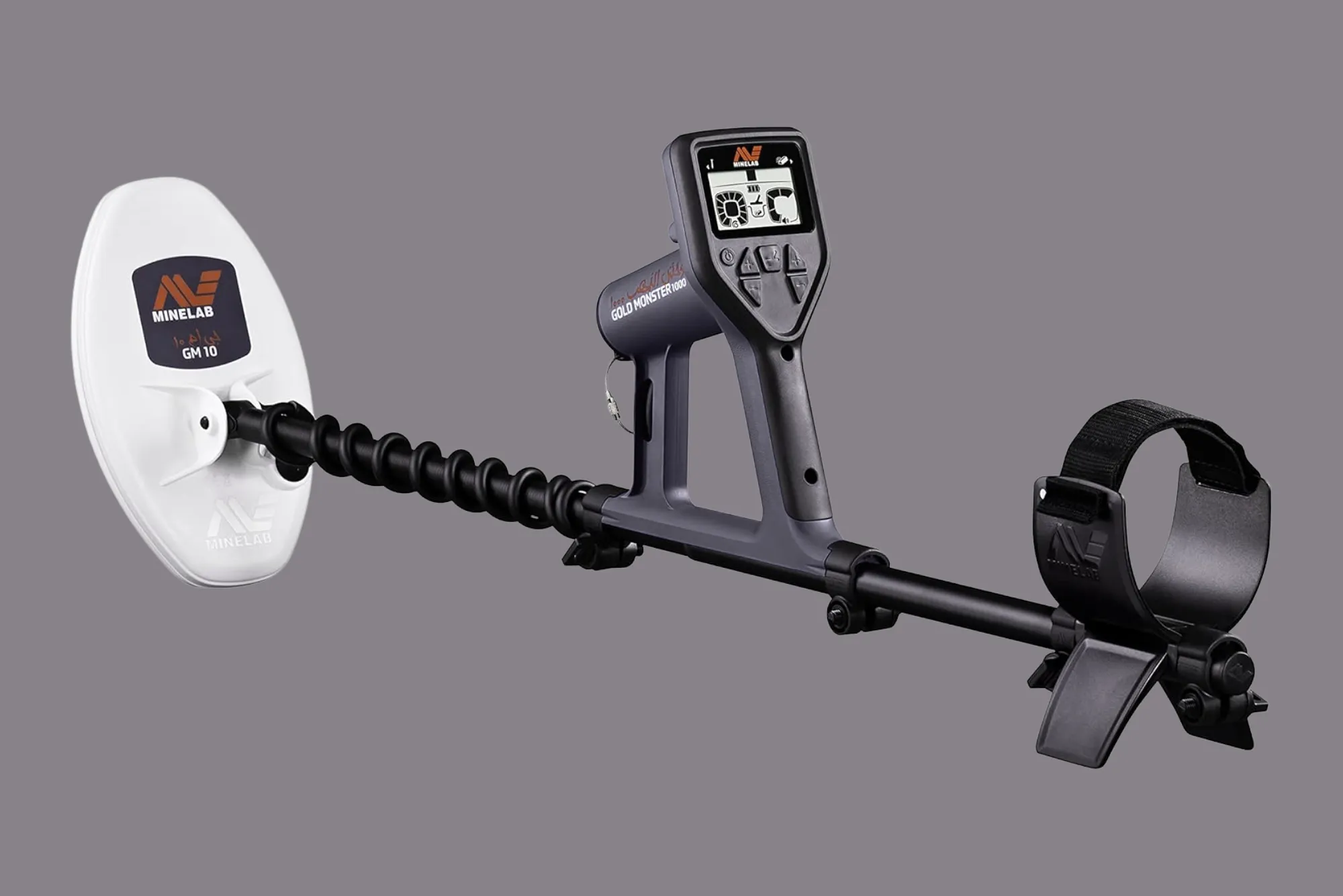Finding gold has fascinated people for centuries. Whether it’s the dream of uncovering lost treasure, the thrill of panning for nuggets in old mining regions, or simply enjoying the adventure of metal detecting, one question always arises: which gold detector or gold detector machine is truly the best for your needs? The answer isn’t always simple because the right choice depends on your goals, location, experience, and budget. In this article, I’ll walk you through what makes a good detector, the technology behind them, and practical insights from real users in the field.
The Growing Interest in Gold Detecting
In recent years, gold detecting has grown from a niche hobby into a widely enjoyed pursuit. Part of the attraction is that it blends technology with outdoor adventure. Unlike casual metal detecting at a beach, searching for gold requires specialized equipment. A general-purpose detector might miss small nuggets or fail to work in mineral-rich soils. That’s where gold-focused machines step in, designed specifically to locate even tiny traces of precious metal.
What excites people most is the possibility of finding real value. Gold, unlike coins or relics, has an inherent market worth, which means every discovery could translate into financial gain as well as personal satisfaction. The hobby also brings together a community of enthusiasts who share stories, strategies, and sometimes even field trips.
Understanding How Gold Detectors Work
At their core, a gold detector uses electromagnetic fields to identify metal objects buried in the ground. When the search coil passes over a conductive target, it disrupts the field, sending a signal back to the control box. But detecting gold is trickier than detecting larger metals like coins or cans. Gold is often found in small flakes or nuggets and buried in highly mineralized soil that can produce false signals.
This is why specialized gold detectors often use higher operating frequencies. Higher frequencies are more sensitive to small targets, though they don’t penetrate as deeply as lower frequencies. Advanced machines balance both aspects with adjustable settings, giving users more control over their search conditions.
Another factor is ground balance. Mineral-rich soil can confuse a detector, causing it to beep constantly. A machine with proper ground balance allows you to tune out the “noise” of the earth and focus on actual gold signals.
Types of Gold Detector Machines
Not all a gold detector machine is created equal. Some are simple and user-friendly, designed for beginners who just want to get started without too much technical setup. Others are professional-grade, offering advanced features like pulse induction technology, digital ground balancing, and waterproof coils.
VLF (Very Low Frequency) Detectors
These are popular with beginners because they’re affordable and versatile. They operate at higher frequencies suitable for small gold nuggets but may struggle in highly mineralized soil.Pulse Induction (PI) Detectors
PI detectors are excellent for mineralized ground, such as deserts or old goldfields. They can detect deeper targets and are often used by professionals. However, they can be heavier and more expensive.Multi-Frequency Detectors
These combine the benefits of different frequencies, making them more adaptable to varied terrains. They are often marketed as all-rounders that can handle both coins and gold.
Choosing between these depends on your intended use. If you plan to hunt in old mining areas with difficult soil, a PI detector may be worth the investment. If you’re just starting out in milder terrain, a quality VLF could be enough.
Key Features to Look For
When deciding on the best gold detector, it’s important to consider more than just brand names. Here are a few practical features that can make or break your experience:
Frequency Range: Machines with higher frequency are more sensitive to small nuggets.
Ground Balance: Essential for filtering out mineral interference.
Coil Size and Shape: Smaller coils are better for precision and tiny targets, while larger coils offer greater depth.
Portability: Weight and ergonomics matter if you plan to spend hours in the field.
Battery Life: A day-long hunt requires a reliable power source.
Professional users often emphasize that comfort and endurance are as important as technology. Carrying a heavy machine in hot weather can be exhausting, so it’s worth trying one before committing.
Practical Tips from Experienced Users
People who spend time in the field often share valuable advice that goes beyond what manufacturers list in product descriptions. One common tip is to practice with your machine in different environments. Test it in your backyard with buried targets of known size and depth. This helps you learn the machine’s sounds and signals.
Another insight is the importance of patience. Many beginners expect to find gold quickly, but detecting is a game of persistence. Even the best gold detector won’t guarantee results if you’re not in the right location or if you give up too soon.
Finally, networking with local clubs or online communities can be invaluable. Other users can recommend good spots, share soil-specific settings, or even join you in the hunt. The shared experience makes detecting far more enjoyable.
Common Mistakes to Avoid
One of the biggest mistakes newcomers make is buying the most expensive detector assuming it will automatically bring success. While advanced machines have their place, they also require skill to operate effectively. Without proper knowledge, a beginner may end up frustrated.
Another common error is ignoring the importance of research. Studying old maps, historical mining areas, and geology reports can significantly increase your chances of success. Simply waving your detector in random places is unlikely to yield results.
Overlooking safety is also an issue. Gold fields are often remote, so carrying enough water, protective clothing, and navigation tools is essential. Machines can guide you to treasure, but they can’t keep you safe.
The Balance Between Hobby and Professional Use
For many people, gold detecting is a recreational activity. They enjoy the thrill of exploration and the satisfaction of finding small pieces of gold. For others, especially in regions where goldfields are still active, detecting can be a semi-professional pursuit. The right machine can mean the difference between finding grams or ounces of gold, which adds up over time.
Understanding your motivation helps in choosing the right detector. If it’s purely a weekend hobby, you don’t need to spend thousands. But if you see it as part of a more serious effort, investing in a high-quality machine may be worthwhile.
Looking Ahead: Technology and the Future of Gold Detecting
The future of gold detectors looks promising. Manufacturers continue to improve sensitivity, reduce weight, and add features like wireless headphones and digital interfaces. Some machines now integrate GPS tracking, allowing you to map your searches and avoid covering the same ground twice. Others experiment with AI-driven signal processing, which may one day reduce false positives and make detecting even more efficient.
As technology advances, the line between hobbyist and professional equipment is becoming blurred. Even mid-range detectors now offer features that were once exclusive to top-end models, giving more people access to serious gold hunting tools.
Final Thoughts
So, which gold detector machine works best? The truth is, there isn’t a single answer. The best choice depends on your experience level, the type of terrain you’ll be searching, and your personal goals. A simple VLF detector may be perfect for a beginner exploring riverbanks, while a pulse induction model might suit someone working in tough Australian outback soil.
The most important factor is using your machine consistently and learning its signals. No matter how advanced the technology, detecting requires patience, practice, and persistence. With the right mindset and equipment, every trip to the field can be an adventure, and perhaps one day, you’ll unearth the golden find you’ve been dreaming about.












